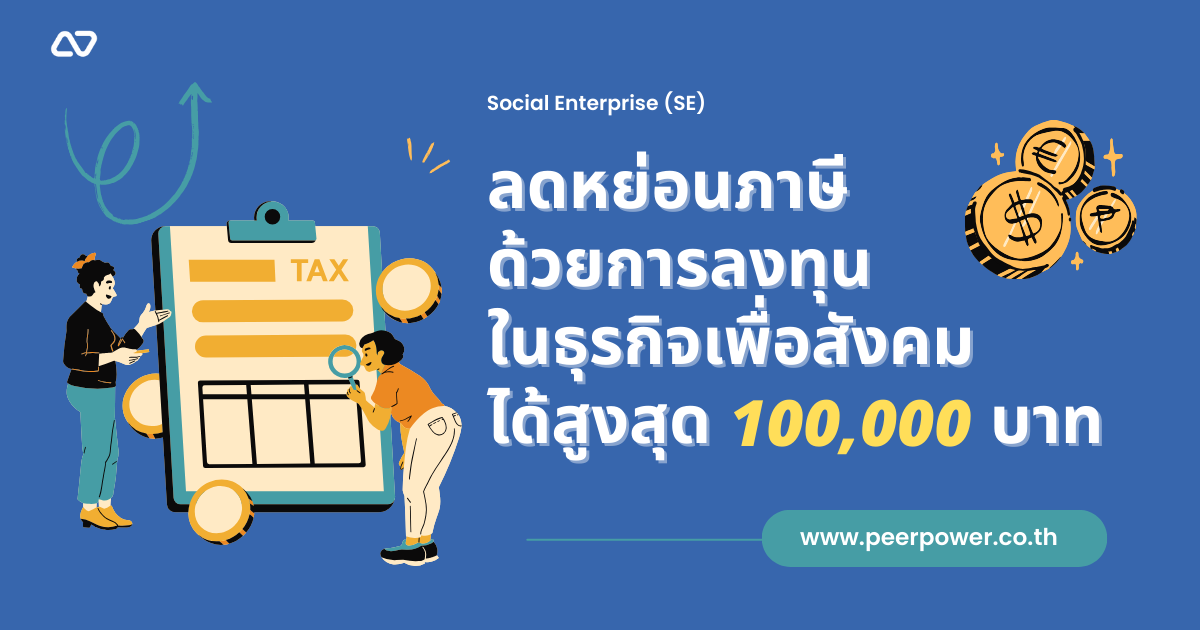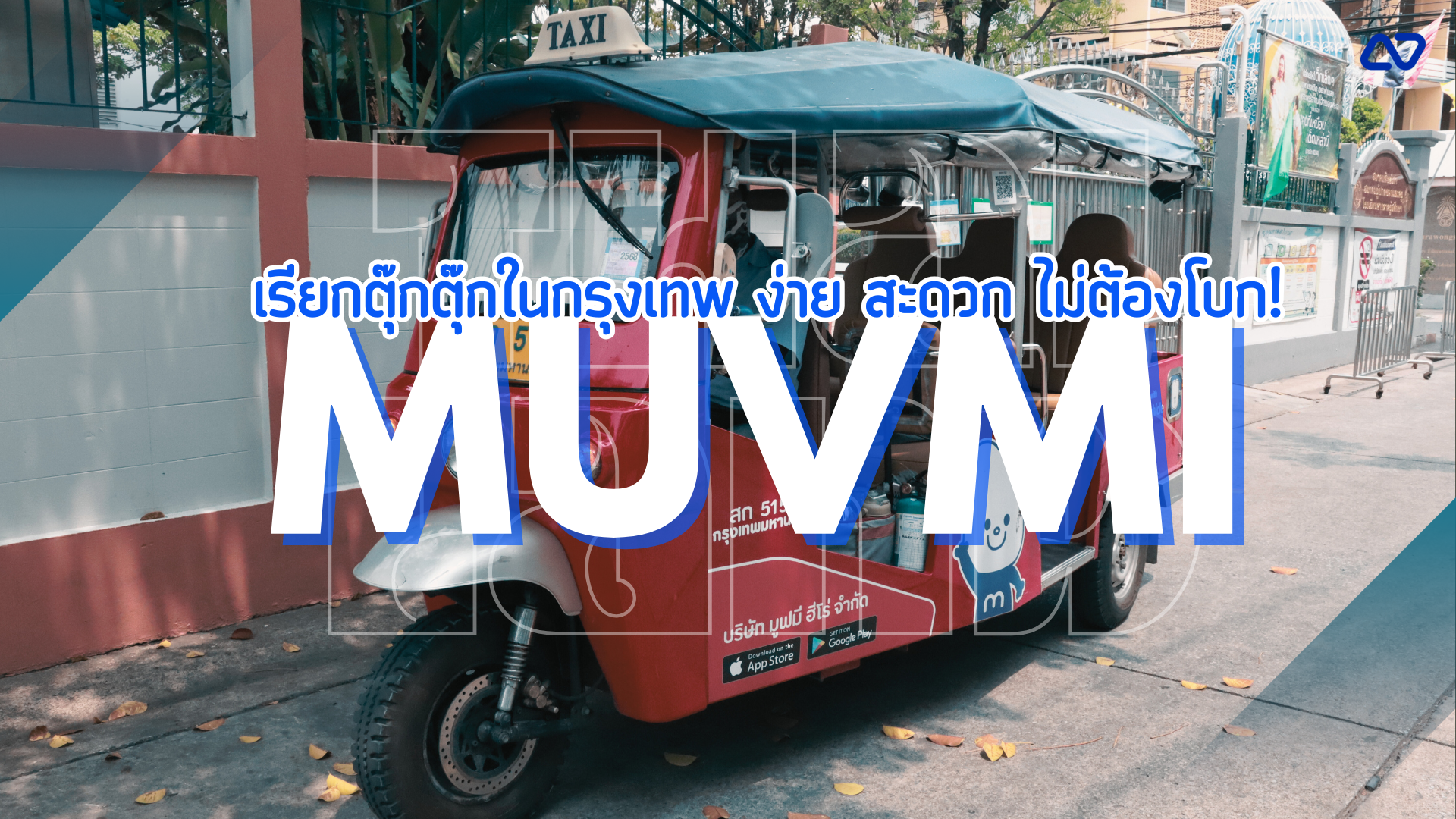What is Local Alike?
Local Alike is a profit-sharing social enterprise that focuses on community-based tourism (CBT) with a strong commitment to sustainability. The company collaborates with local communities, government agencies, and development organizations to design tourism activities that generate income, strengthen local capacity, and preserve cultural identity.
Local Alike believes tourism can be a powerful tool for creating positive change—economically, socially, environmentally, and culturally.
Key Metrics
- Partnered with over 300 communities across Thailand and helped develop the skills of more than 1,800 local individuals
- Served over 45,000 travelers via its platform
- Collaborated on 50+ projects with public and private sector partners
- Achieved post-COVID revenue growth with a CAGR of 2.03% (2021–2024) and generated net profits
Problems in Community-Based Tourism
- Lack of knowledge: Communities have potential and resources, but often lack tourism management know-how
- Lack of intermediaries: Limited access to domestic and international markets
- Lack of business management: Often perceived as low-cost, educational, or underdeveloped tourism experiences
How Local Alike Solves These Problems
Local Alike provides development services and consulting that empower communities across Thailand to independently manage tourism. This includes skill development, activity and product design, local food innovation, marketing, and access to domestic and international tourists.
The result is a high-quality, meaningful, and safe travel experience that also generates sustainable income for communities while preserving cultural identity and the environment for the long term.
.png)
Market & Growth
Thailand’s Community-Based Tourism (CBT) market was valued at USD 29.6 billion in 2023 and is expected to grow to USD 140.3 billion by 2034, at a CAGR of 15.3% (Source: Allied Market Research, 2023).
Growth is supported by:
- The global trend toward sustainable tourism
- National policies promoting community-based and low-carbon tourism
- Active support from public agencies like the Designated Areas for Sustainable Tourism Administration (DASTA) and the Tourism Authority of Thailand (TAT)
Business Model
Local Alike generates revenue from two primary channels:
- Community development projects with government agencies (B2G)
- Sales of CBT travel packages to individuals, corporations, and CSR/environmental initiatives (B2C/B2B/CSR)
The company leverages a business model that transforms social impact into economic value, offering premium services such as community capacity building and creative tourism program design—supporting sustainable business growth and scalability.
Competition
Local Alike stands out from other players through its co-creation model with communities, deeply embedded in local contexts. With over 13 years of experience, the team combines grassroots engagement with strategic planning.
Beyond connecting travelers to communities, Local Alike is involved in:
- Community capacity development
- MICE route planning
- Product design and branding
- Activity organization
- National-level tourism consulting
Use of Funds
Local Alike is raising THB 20–30 million (approx. USD 540,000–810,000) to expand its community-based tourism business for long-term growth in both domestic and international markets.
Funds will be used to:
- Expand the business development team
- Enhance marketing capabilities
- Develop a CBT marketplace system
- Create at least 30 model villages for tourism across Thailand
Customers & Partners
Local Alike serves:
- Sustainability-minded travelers seeking cultural immersion
- Government agencies and development organizations (e.g. DASTA, TAT) that co-develop regional projects
- Corporations, universities, and public organizations seeking CSR solutions and genuinely impactful experiences
Disclaimer:
Investing in equity crowdfunding involves risks such as loss of capital, low liquidity, no guarantee of dividends, and potential dilution of shareholding.
Please read the full risk disclosure before making an investment decision → “General Risks of Equity Crowdfunding”


%20(1).png)




-resized.png)

